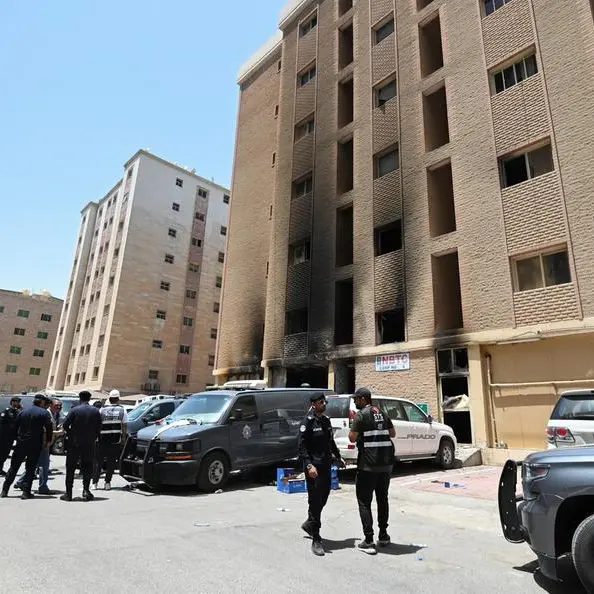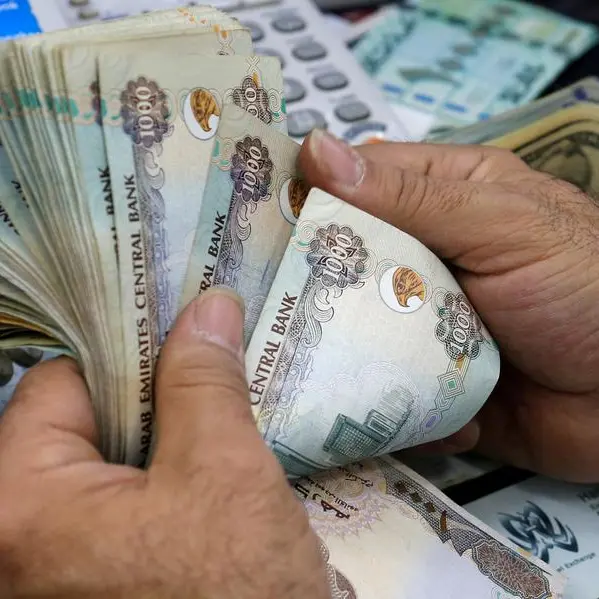PHOTO
Saudi Arabia's Ministry of Human Resources and Social Development (MHRSD) has announced that the country will soon approve its national policy on combating forced labour.
The new national policy on combating forced labour will be the first of its kind in the Gulf region, and will build on extensive initiatives that will be implemented in Saudi Arabia over the next three years, said the ministry officials on the sidelines of the 111th International Labor Conference being held in Geneva until June 16.
MHRSD Vice Minister for Labour Dr Abdullah Abuthnain said it was developed in consultation with international partners, and the policy will bring into force new requirements including more stringent monitoring of workers' conditions and tougher punishment for labour abuses.
The intensified focus on combating forced labour forms part of the ministry’s long-term commitment to ensuring the equal protection of workers’ and employers’ rights and supports its work under Vision 2030 to improve working conditions in the kingdom, he noted.
As part of its ongoing efforts to combat forced labour in Saudi Arabia and its global supply chains, Dr Abuthnain said the government has undertaken various initiatives and implemented proactive measures to tackle this issue head-on in line with its ambitious Vision 2030 goals.
The policy will integrate all sectors of government to combat forced labour, and create effective coordination and collaboration mechanisms, he stated.
It will also take a thorough and collaborative approach to guarantee that victims have access to the necessary justice and support to recover and rebuild their lives, he added.
Sattam Alharbi, Deputy Minister for Control and Development of Work Environment, MHRSD, said: "The scourge of forced labour is a global issue which demands a global solution. Only through international collaboration can we tackle forced labour at scale with the urgency required."
"The KSA has long prioritized this issue and has taken great strides forward, joining international commitments and setting new standards in the region. The new national policy on combating forced labor is a testament to the importance of this issue to our government," he added.
In 2021, the International Labor Organization (ILO) had acknowledged Saudi Arabia’s firm commitment to combating forced labour in all its forms, including human trafficking.
As the first GCC nation to ratify the Protocol of 2014 to the Forced Labour Convention, it set an important regional precedent and built on its ongoing work, which includes the adoption of a Human Trafficking Act in 2009 and a National Plan for Combating Human Trafficking, which was renewed in 2021.
"But we recognise that we must go further to support those still subjected to - or at risk of - forced labour. Working with the ILO and International Organization for Migration (IOM), we are determined to continue spearheading regional progress on this issue. We also recognize that closely engaging with governments and expert groups in labor source markets will be crucial to deliver real change," he added.
The panel event, organised by MHRSD, also covered how international organizations and civil society can support efforts to combat forced labour and promote decent work.
The IOM too lauded Saudi Arabia for its ongoing efforts and valued commitment to combating forced labour to ensure protection of foreign workers.
"The new policy on combating forced labor is crucial and stands as a landmark for KSA and the Mena region as a whole," remarked Mohamed El Zarkani, the IOM Chief of Mission in Bahrain and Head of Gulf Coordination Unit.
"We will continue working with our valued and strategic partners in KSA and GCC to provide technical consultation and programmatic support to combat forced labor in all its shapes and forms," he added.
Copyright 2022 Al Hilal Publishing and Marketing Group Provided by SyndiGate Media Inc. (Syndigate.info).





















